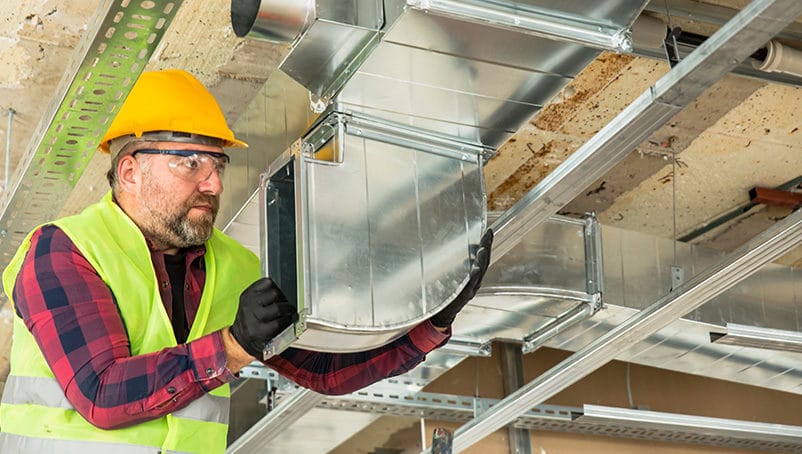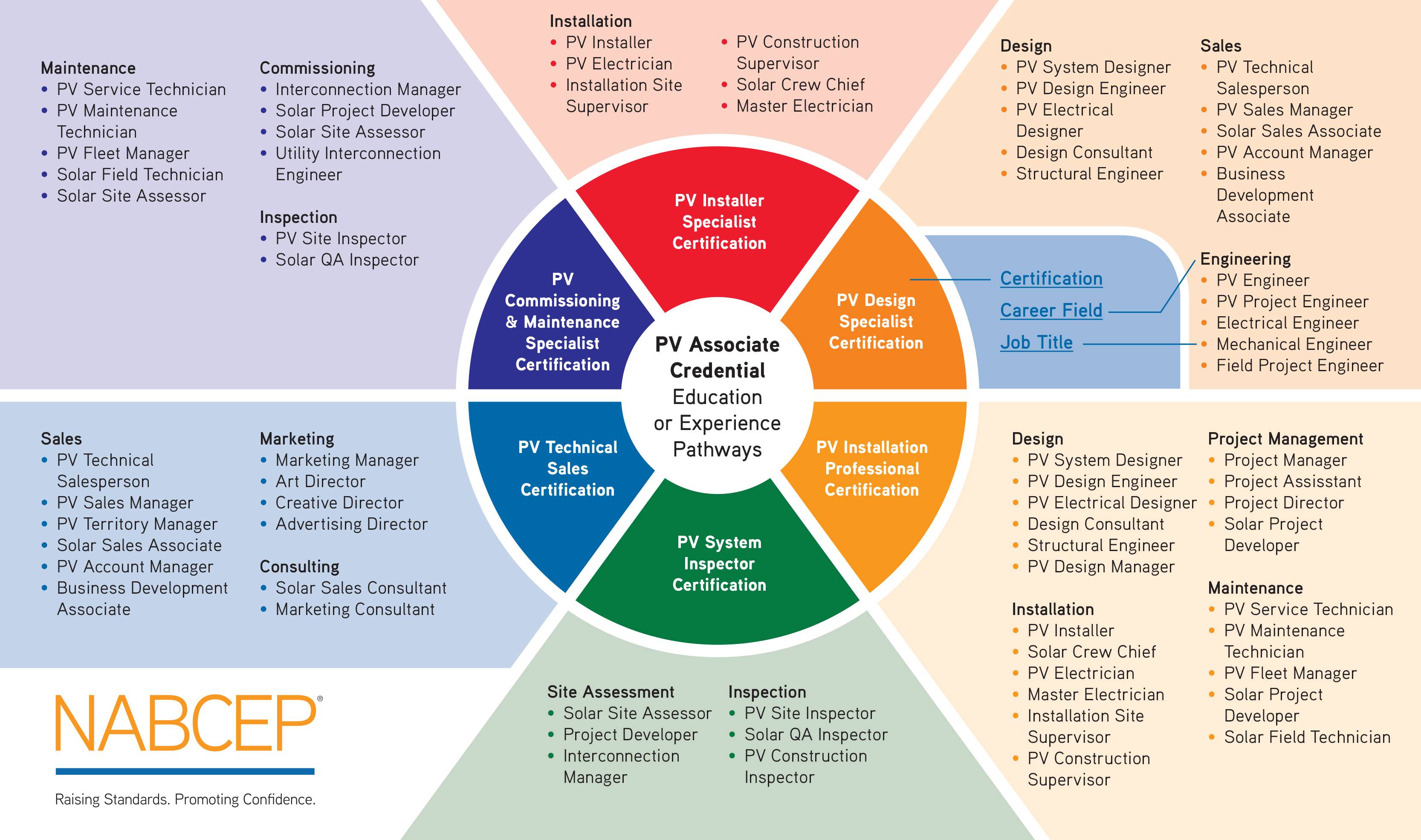
Ohio's solar industry has experienced a boom in the last few years. It has helped the state achieve energy independence and created new jobs. Many companies offer a variety of services and products. These may include solar panel installation or financing, and even monitoring/maintenance.
One of the best Ohio solar companies will be able to provide you with a wide range of solutions. If you're interested in financing options, look for an experienced company. An experienced company will not only offer many options but can also ensure a successful project. You can also check if your property is eligible for a federal income tax credit. This will reduce your overall system costs.
Another benefit to a solar system is its ability to increase the value of your home. Numerous Buckeye State-based solar companies offer free consultations. These experts can help explain the various benefits to going solar. They can even discuss safety concerns.

It is simple to get started with a Ohio solar system. Most homeowners are able to get a tax credit for installing a solar array. You can either lease or purchase a system depending on your financial situation. The latter option will give you a low monthly bill for either 20 or 25 years.
There are several perks of a solar array, and the most notable is the ability to reduce carbon emissions. Unfortunately, many homeowners have been disappointed in companies that don't provide high-quality after-sales services. Do your research before you decide on a solar company.
A solar system also has the advantage of being able to store electricity. This can be useful when the sun isn’t shining. In summer, solar panels can supply 100% of your electricity requirements. This allows you to use the power you conserve to keep the lights on at all hours of the day.
A power purchase agreement (PPA) is another great way to go green. PPAs are similar in nature to a lease for solar panels, but you don’t need to pay any upfront cost. Instead, your monthly payments will be lower than your utility bill. You'll save over $3,000 on your utility bills by signing up for a personal pension plan (PPA).

High-pressure tactics are not uncommon in the solar industry. However, there have been some exaggerated claims of performance. A manufacturer recommends a solar array last 20-25 years. When the panels reach the end of their life, they are no longer as efficient, but they still work.
The GEO (Government Energy Office), program is a good option if you are considering solar arrays. This program trains ex-offenders and places them in work once they are done with their education.
The company's track record is one of the most important aspects to consider when selecting a Ohio solar company. Many homeowners have had their solar panels installed by businesses that have closed down. Although these companies may have experience, this does not necessarily guarantee that a solar system will be successful.
FAQ
When do you have to pay the service/contractor bill?
The payment schedule depends on the type of service being provided. In other words, if you hire someone to install a roof, you will typically pay once the work has been completed. If you purchase a product, such a cooker for your kitchen, from a supplier you might only make payments after it has been tested and received.
Can I cancel my contract at anytime?
Yes - but this must be done within 14 days of signing your contract. Your contract can be terminated by providing written notice no later than 7 working days before the specified end date. However, if you don't give enough notice, you may still owe the contractor money for work already carried out.
What is a "service contract agreement"?
A Service Contract Agreement, or SCA, is an agreement between parties to offer services to one another. The SCA defines those services, how much time and effort should be spent on them, who pays for them and when they start. The agreement also specifies what happens to the other party if they breach their obligations.
Statistics
- Don't take their anger personally, they are mad about the situation 99% of the time. (activatemylicense.com)
- (1) Except as provided in paragraphs (a)(4) and (a)(8) of this section, if the estimated amount of the contract or subcontract is $10 million or more, the contracting officer shall request clearance from the appropriate OFCCP regional office before- (acquisition.gov)
- (v) Place or places of performance of the prime contract and first-tier subcontracts estimated at $10 million or more, if known. (acquisition.gov)
- (3) The contracting officer may provide for a contract price adjustment based solely on a percentage rate determined by the contracting officer using a published economic indicator incorporated into the solicitation and resulting contract. (acquisition.gov)
- Depending on the client's trustworthiness and financial stability, a deposit is usually 10 to 50% of the total contract amount. (lawdepot.com)
External Links
How To
What should a service agreement include?
Any business relationship requires a Service Agreement. It defines what you want from each other, and how you will get it. The SA also details when and where each party should fulfill its contractual obligations.
The key elements of a successful SA are:
-
Both parties must agree on the scope and required services.
-
Payment terms details, including start date and expiration dates for goods/services.
-
An agreed price for your project.
-
Additional charges such as VAT and other fees may apply.
-
Whether there is any other matter that should be discussed.
-
Who will take responsibility if there is an error in the job?
-
How disputes are resolved
-
What happens if a party breaches the contract.
-
What happens if there is a dispute
-
When does the contract go into effect?
-
What happens if one or both of the parties fail to perform.
-
How long can you wait to pay invoices
-
Who pays for expenses such as travel?
-
Where the money comes.
-
What happens if the client decides to change his mind about the project.
-
What happens if the supplier isn't there?
-
Who has permission to view the site during construction
-
What happens when the customer cancels a project?
-
What happens if a product is not as described?
-
What happens if the manufacturer refuses parts?
-
What happens if equipment fails?
-
What happens when the project takes longer to complete?
-
What happens if work isn’t completed in the timeframe agreed upon?
-
What happens if the project is not up to standard?
-
What happens if the cost overruns.
-
What happens if the materials aren't delivered on time.
-
What happens if the material arrives broken?
-
What happens if the products are not up to standard.
-
What happens if the job gets cancelled before it is completed?
-
What happens if the business goes under?